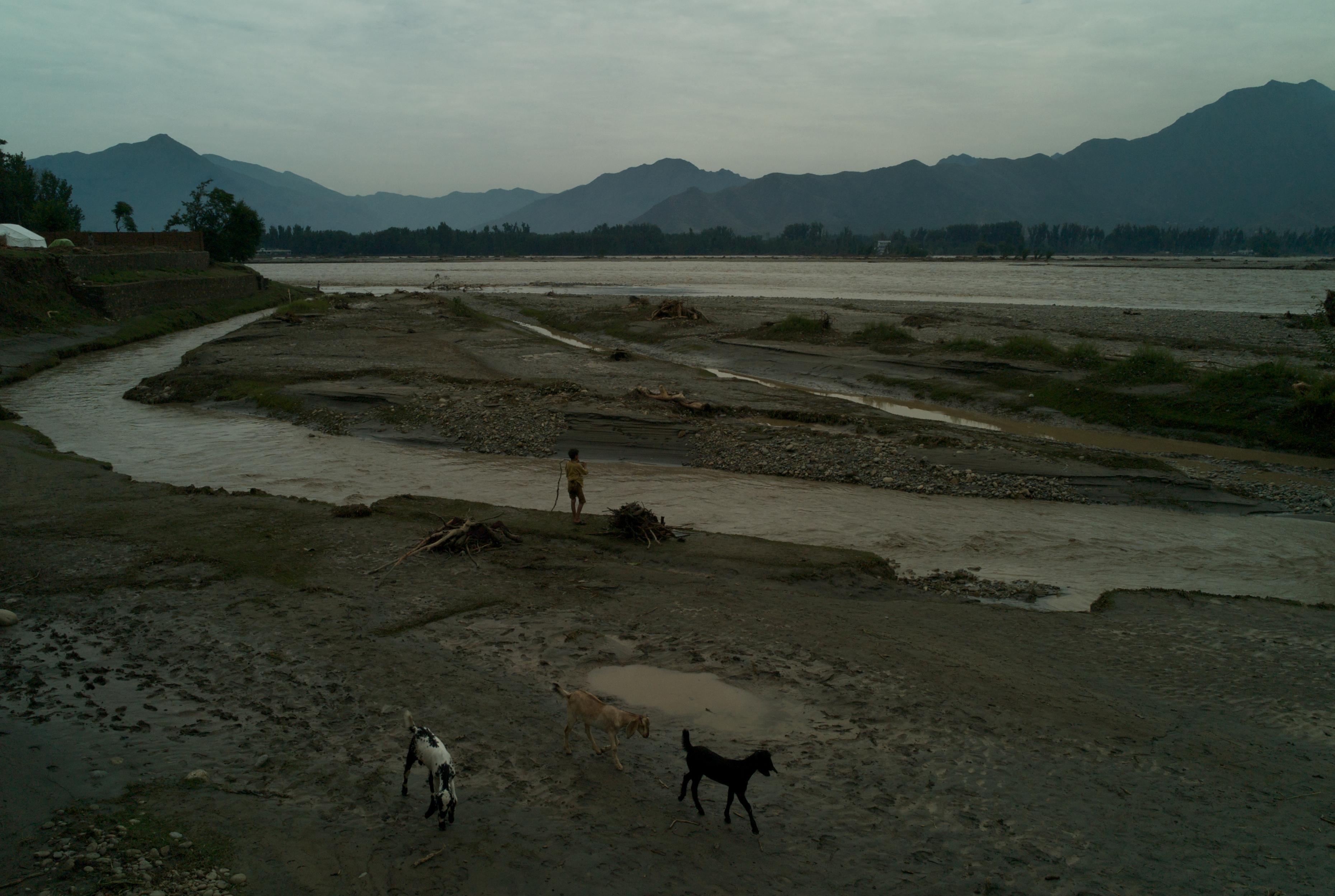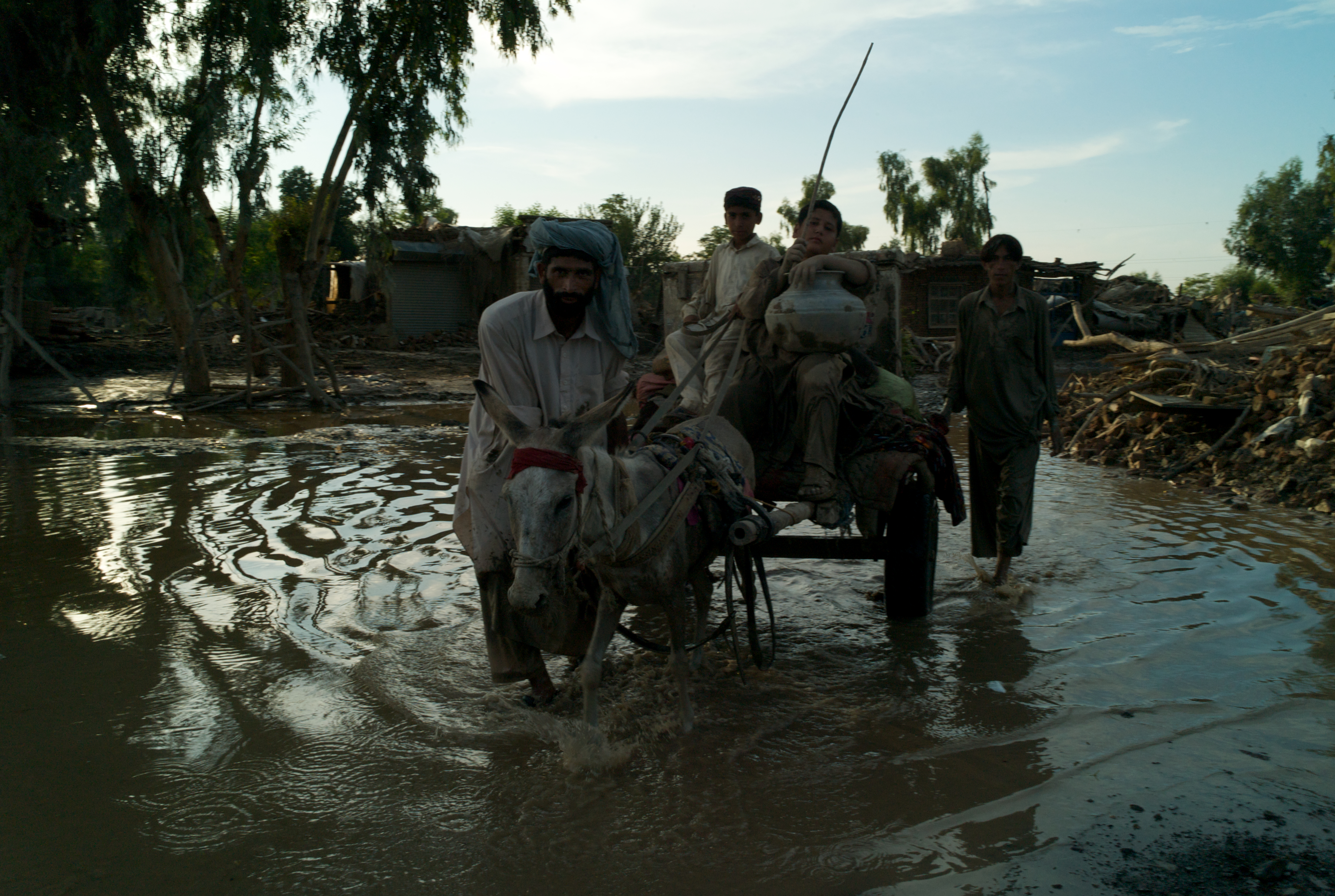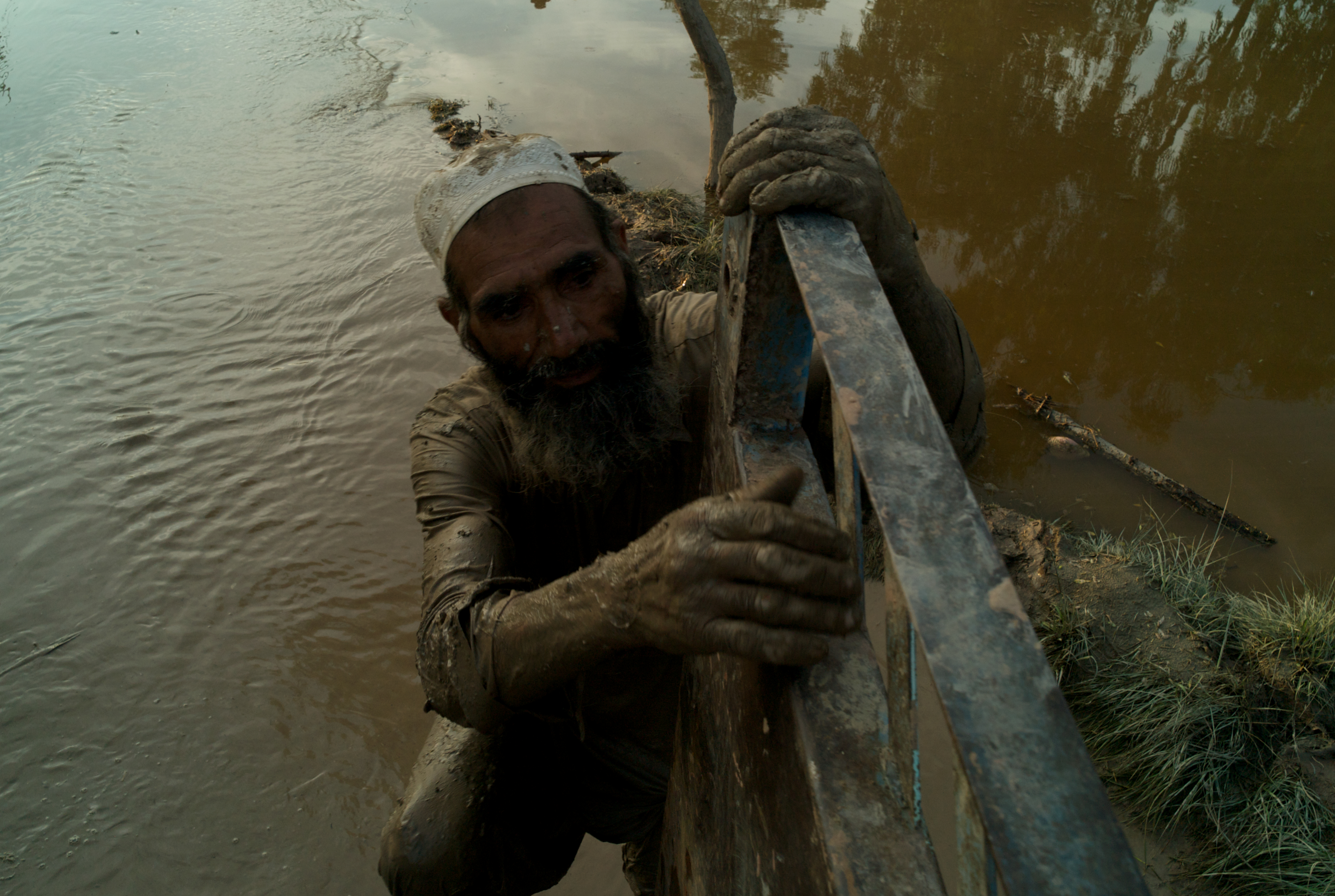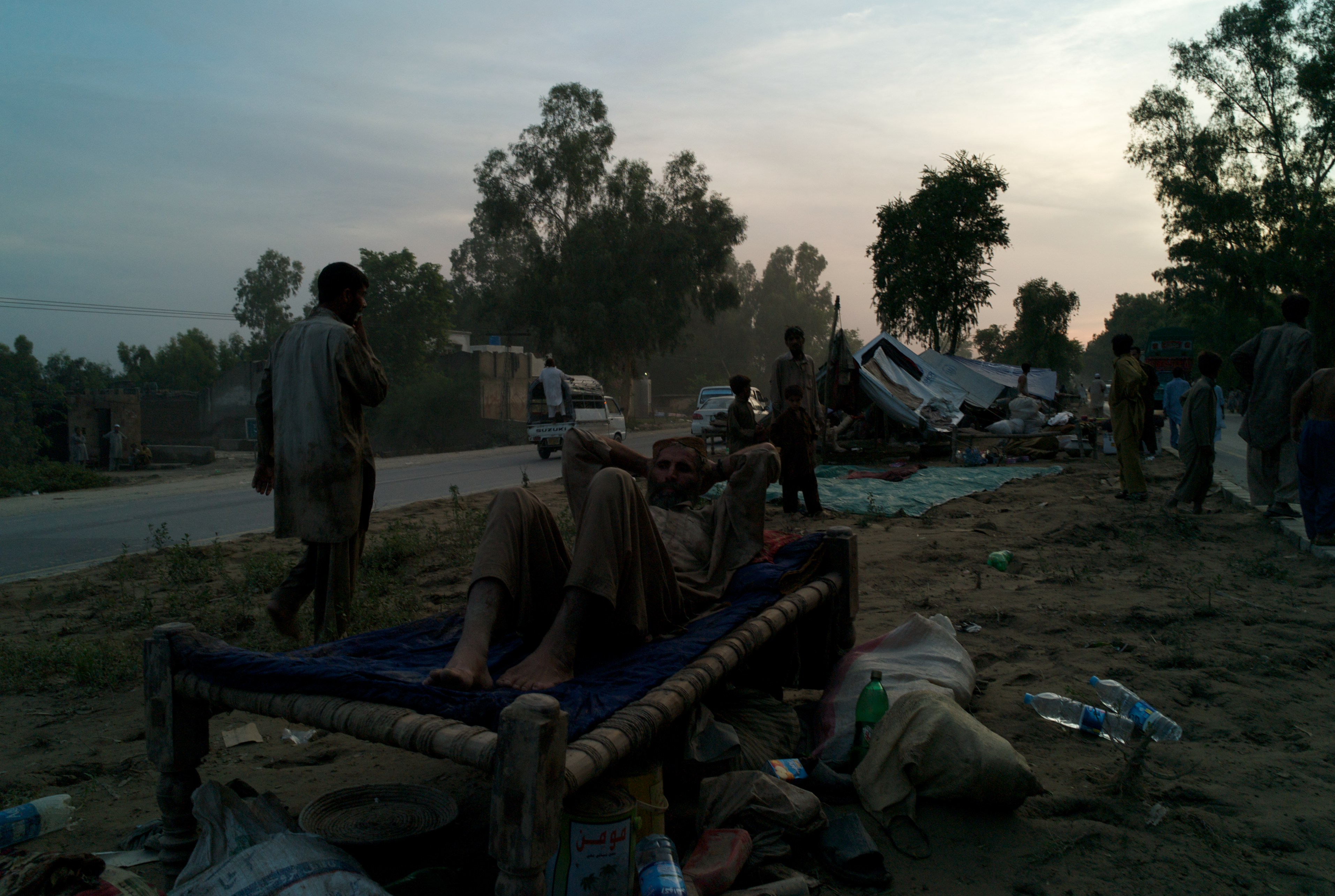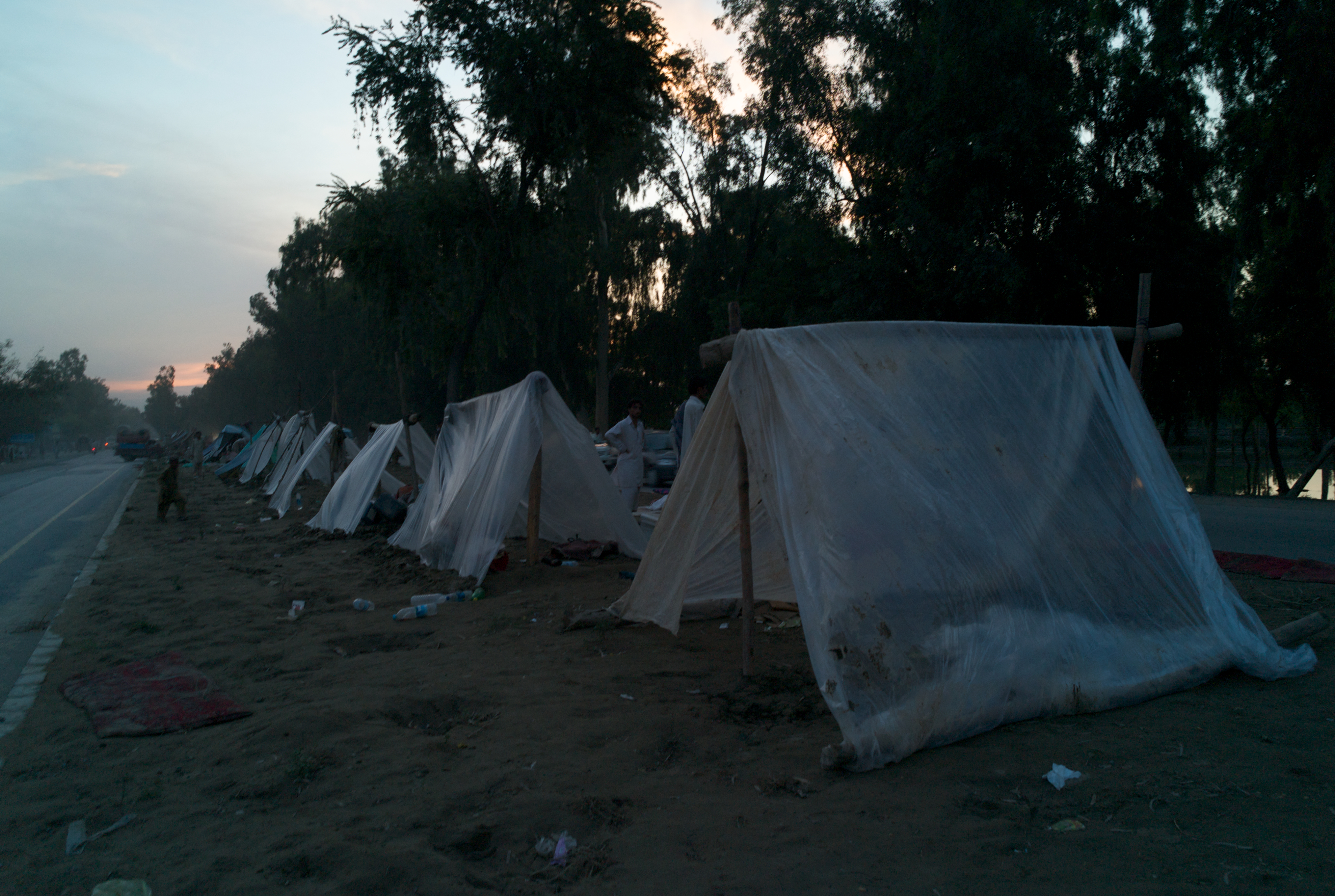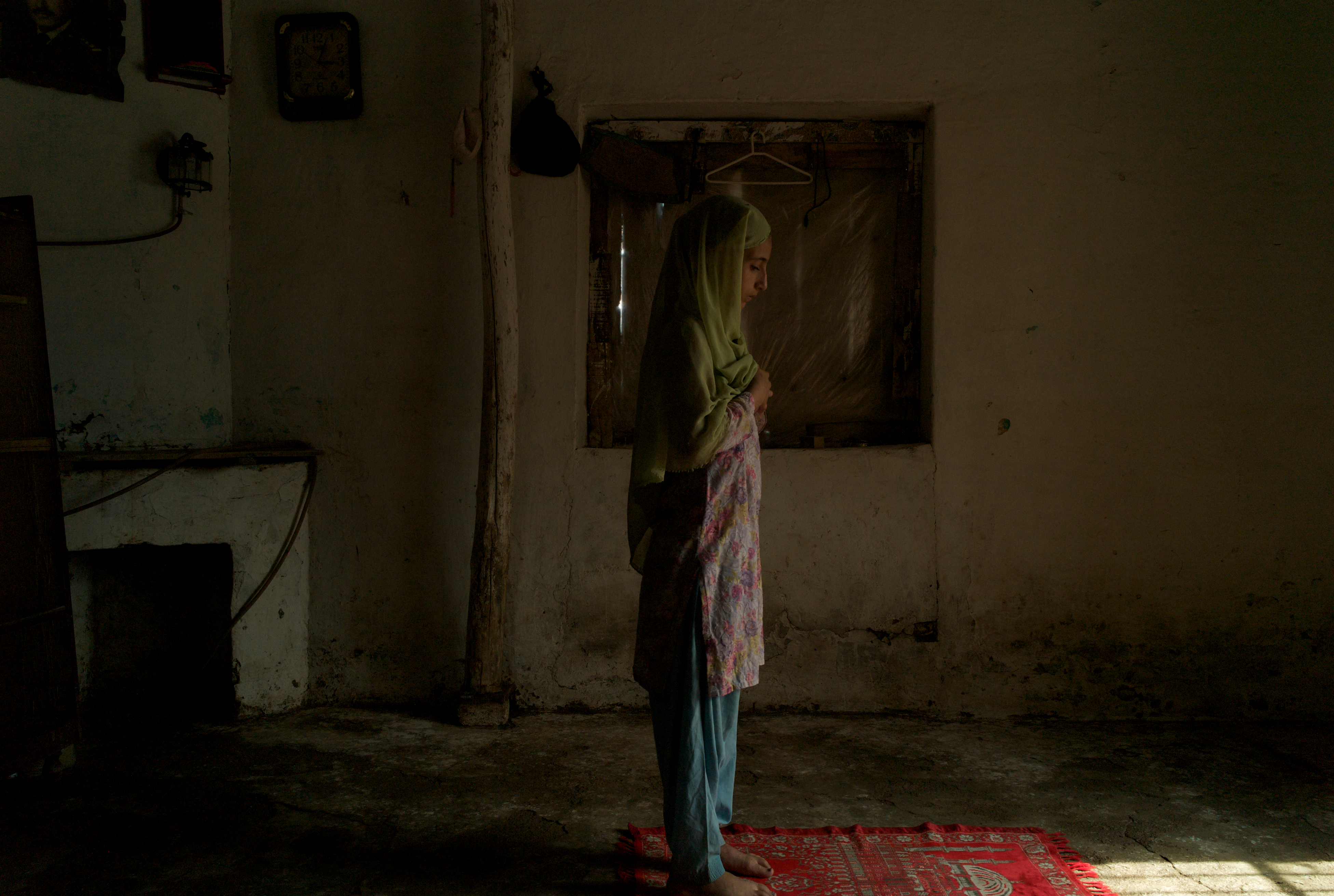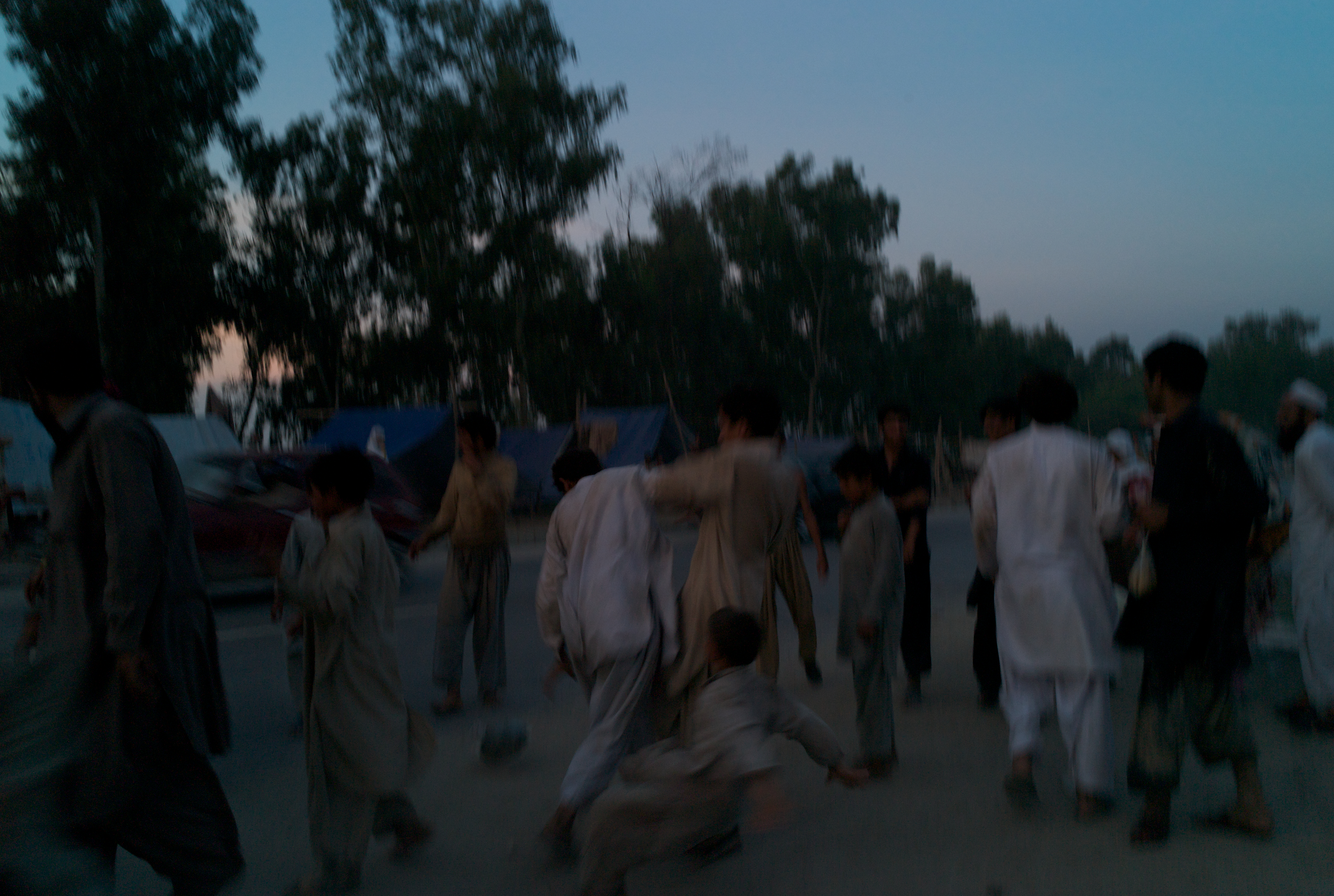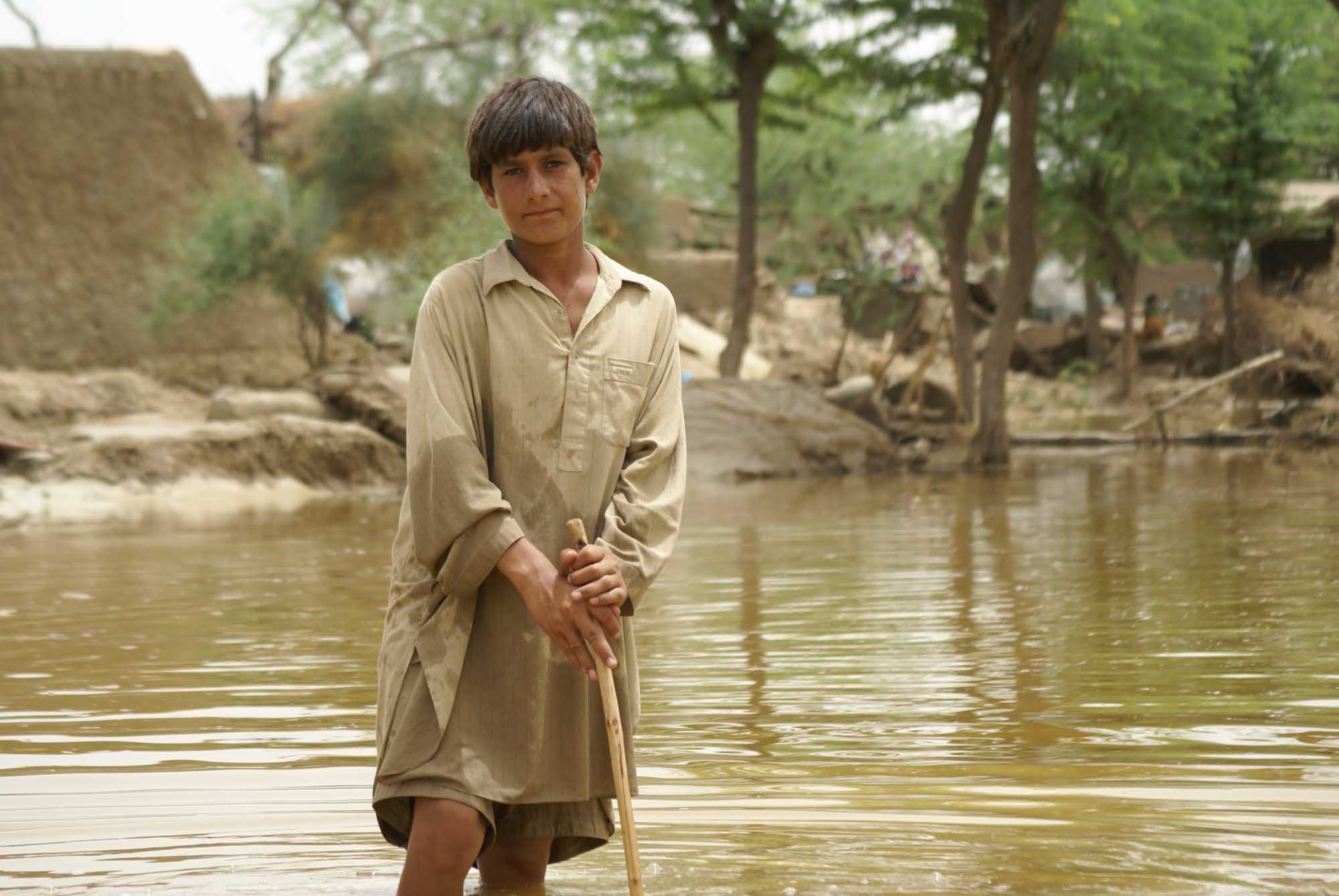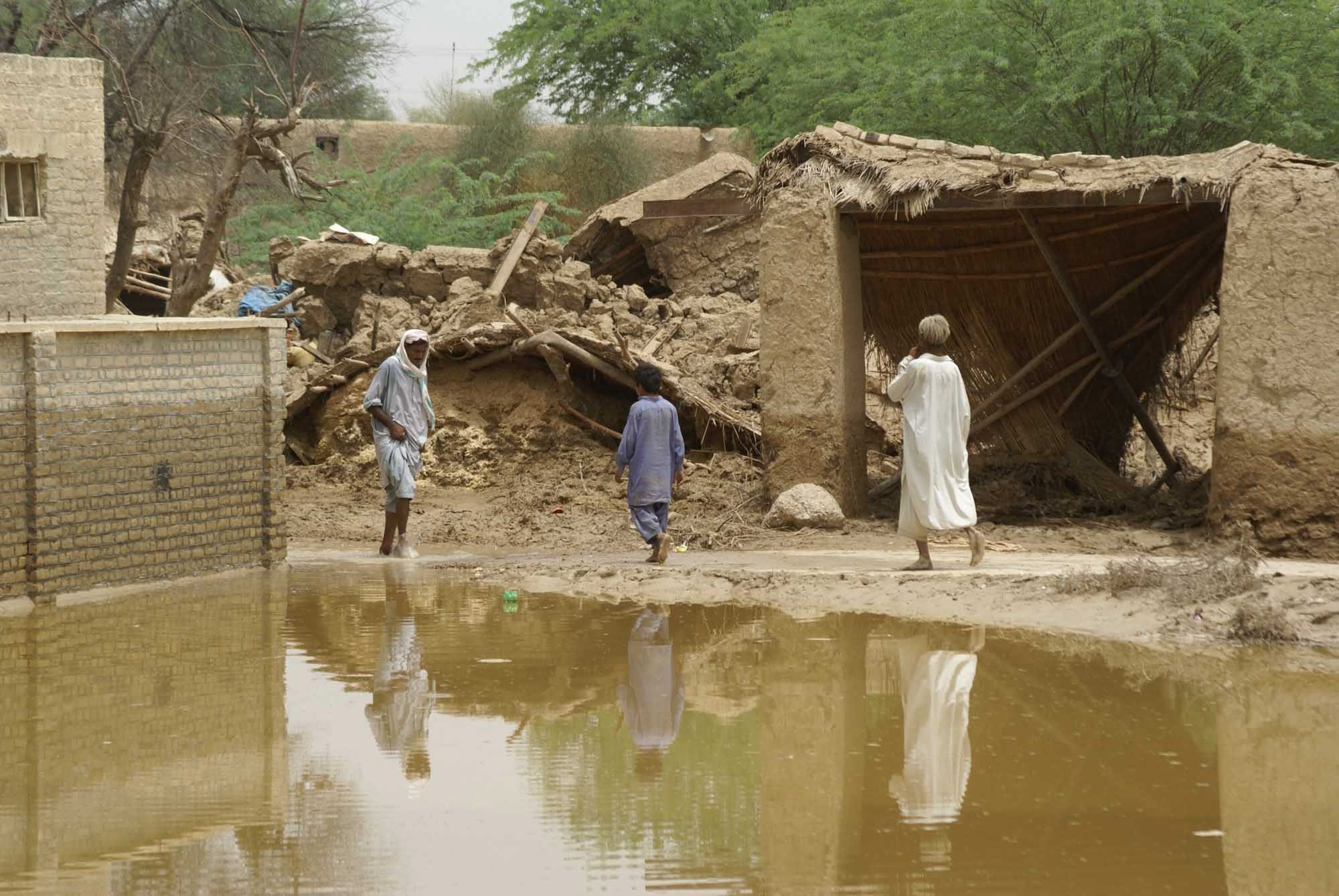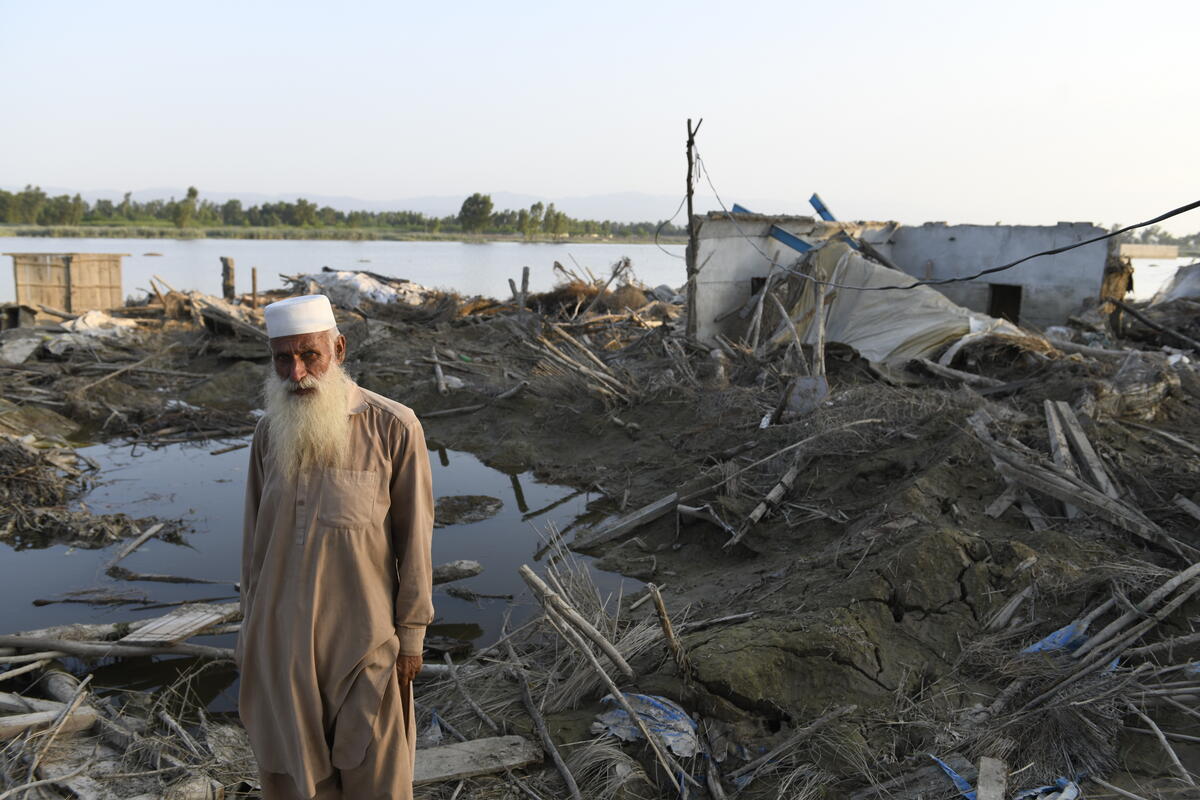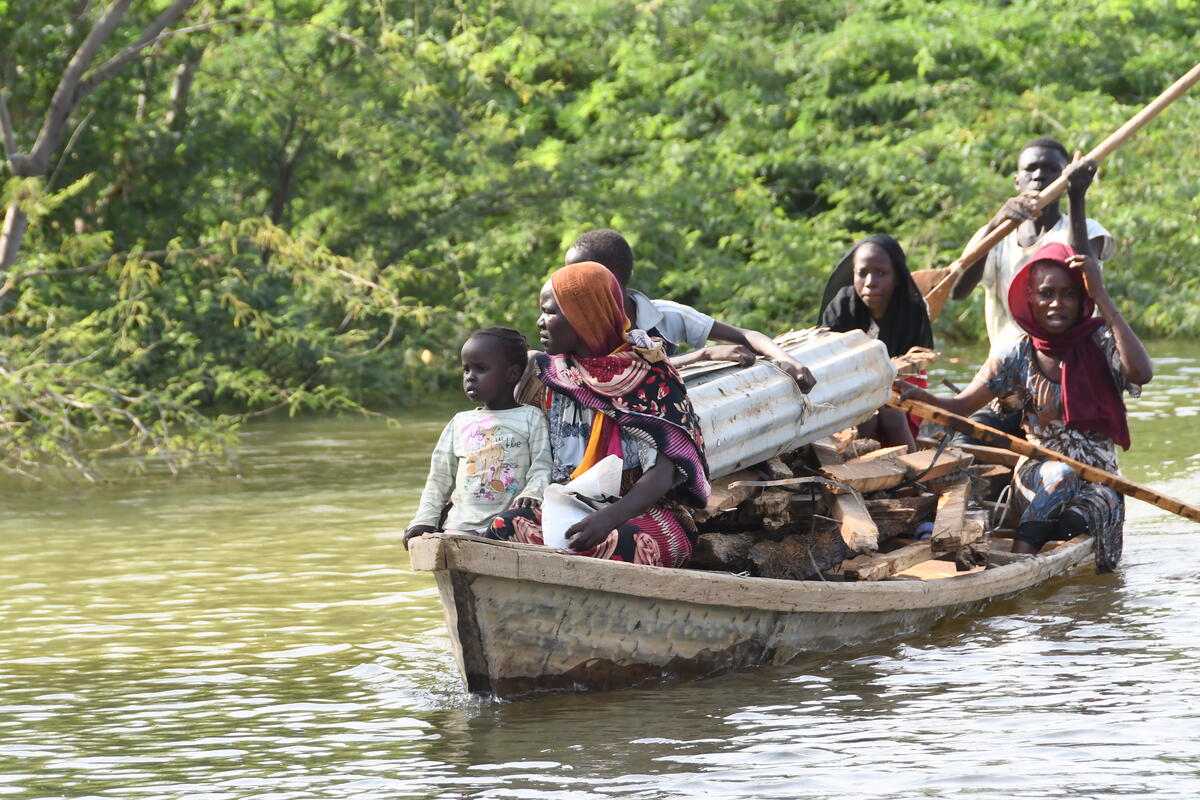Pakistan: Getting bogged down
Pakistan: Getting bogged down

ISLAMABAD, Pakistan, August 10 (UNHCR) - Pakistan's flooding is testing the limits of the country's emergency response capacity as well as that of UNHCR and other UN and international agencies.
"The situation is one of the most difficult we have ever faced," said Mengesha Kebede, UNHCR representative in Pakistan. "We are smack in the middle of a catastrophe, people in need are everywhere, some routes are blocked, and even when we deliver tents some people may lack dry land where they can be erected."
Thousands of villages and towns in low-lying areas have not seen flooding on this scale in generations. Across the country, Pakistan's Federal Flood Commission puts the number of homes destroyed or damaged at more than 300,000, with more than 14,000 cattle dead and 2.6 million acres of cultivated land under water. So far some 1,600 people have been killed, but many millions of Pakistanis and Afghan refugees have been affected by the flooding.
UNHCR's main relief work has been in the north where flooding has been most severe. Normally our work there is geared towards Afghan refugees and conflict-displaced Pakistanis, but in this instance we are working equally for all affected communities, both Pakistani and Afghan.
Main roads are blocked, and in several places we are contending with difficult security conditions, making it difficult for staff to move freely. All 29 bridges in the Swat Valley have been washed out, for example. Continuing bad weather has grounded helicopter airlifts to the region. Some aid is being delivered by mule or on foot. When we deliver tents, there is little dry land on which to erect them.
Although we have the benefit of a presence in Pakistan's Khyber Pashtunkhwa and Balochistan provinces dating back more than 32 years, meeting the demands of this crisis is a massive challenge.
In Balochistan Province, for example, our stockpiles are nearly exhausted. Trucks despatched from Peshawar, Karachi and and Lahore carrying additional tents and other items have been delayed in some instances for more than a week by flooded roads.
In parts of the Swat Valley of Khyber Pakhtunkhwa Province (KPK), in Pakistan's mountainous north, landslides and washed out bridges have completely cut off thousands of people in need.
"Amongst those caught up in the floods are many tenant farmers and also Afghan refugees living out on the inundated flood plains," Kebede said. 'Many of these people are now without shelter and have lost their food, livestock and all their possessions."
So far UNHCR has provided more than 41,000 plastic tarpaulins, 14,500 family tents, 70,000 blankets, 40,000 sleeping mats, 14,800 kitchen sets, 26,600 jerry cans, 18,600 plastic buckets, 17,700 mosquito nets and 13.3 tons of soap. On Monday we sent 1,000 tents to southern Sindh Province, where floodwaters are still cresting. Today, in Khyber Pakhtunkhwa, we are dispatching 300 tents and family kits to Utmanzai, 500 tents and 1,000 family kits to Upper Dir, 193 tents, family kits and plastic tarpaulins to Khazana, 300 tents, family kits and plastic tarpaulins to Azakahel and 75 of each to Khursan.
UNHCR is calling for more help from donors to reach the neediest. It will shortly launch an emergency appeal for additional funds to assist up to 560,000 people affected by the crisis. In addition to providing tents, plastic tarpaulins, transitional shelters for women-headed households and other assistance, UNHCR plans to rehabilitate communal facilities that have been destroyed by the floods, such as water points and sanitation facilities, clinics, schools and access roads.
By Peter Kessler in Islamabad


